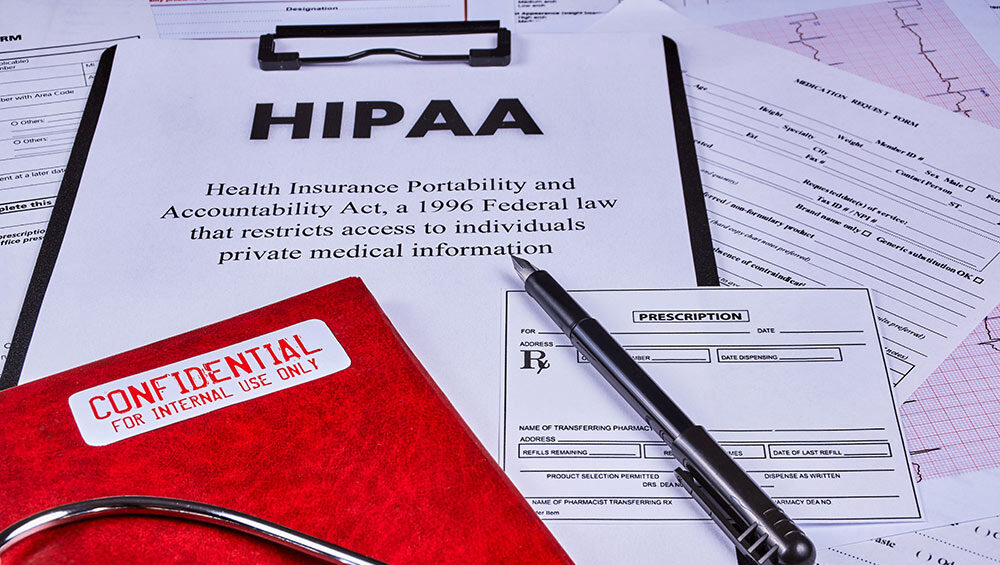
In an era where information is power, the need to safeguard sensitive data has never been more critical. For those in the healthcare industry, the Health Insurance Portability and Accountability Act (HIPAA) stands as a cornerstone for maintaining the confidentiality and integrity of patient information. One integral component of HIPAA compliance is confidential paper shredding—a practice that goes beyond simple document disposal and plays a pivotal role in protecting individuals’ privacy.
Understanding HIPAA Compliance
HIPAA, enacted in 1996, sets the standard for the protection of sensitive patient data. Whether it’s medical records, billing information, or any other form of personally identifiable health information (PHI), healthcare providers and their business associates are bound by HIPAA regulations. The primary goal is to ensure the confidentiality, integrity, and availability of PHI, and this extends to both digital and physical formats.
The Importance of Confidential Paper Shredding in Healthcare
Patient Privacy: In the healthcare sector, patient trust is paramount. Confidential paper shredding guarantees that when physical documents are no longer needed, they are disposed of securely. This not only prevents unauthorized access to patient information but also maintains the integrity of the healthcare provider’s reputation.
Legal Compliance: HIPAA compliance is not just about avoiding fines and penalties (though those are significant motivators). It’s about upholding ethical standards and the law. Confidential paper shredding is a concrete step towards fulfilling the legal obligations outlined in HIPAA.
Protection Against Data Breaches: Data breaches in the healthcare sector can have severe consequences, both for patients and healthcare providers. Shredding physical documents containing PHI is a proactive measure to mitigate the risk of data breaches, protecting individuals from identity theft and maintaining the confidentiality of their medical history.
Best Practices for HIPAA-Compliant Paper Shredding
Regular Shredding Schedule: Establishing a routine shredding schedule ensures that documents are disposed of promptly, reducing the risk of human error or oversight.
Secure Shredding Methods: Utilizing professional shredding services that adhere to strict security protocols is crucial. Cross-cut shredding, for example, ensures that documents are thoroughly and irreversibly destroyed.
Documentation of Destruction: Maintaining a record of the destruction process is a key aspect of HIPAA compliance. A Certificate of Destruction provided by shredding services serves as evidence that proper procedures were followed.
Choosing the Right Shredding Service
When it comes to HIPAA compliance and confidential paper shredding, partnering with a reliable shredding company like Shred-All is paramount. Our team’s unsurpassed qualifications:
Understands HIPAA Regulations: Ensure the shredding service is well-versed in the specific requirements outlined in HIPAA for the healthcare industry.
Offers On-Site Shredding: On-site shredding provides an added layer of security, allowing you to witness the destruction of your documents firsthand.
Provides Documentation: A reputable shredding service will furnish you with a Certificate of Destruction, offering peace of mind and evidence of compliance.
Conclusion
Confidential paper shredding is not just a routine task; it’s a critical component of maintaining HIPAA compliance and safeguarding the privacy of individuals. In the healthcare sector, where trust is the bedrock of patient relationships, ensuring the secure destruction of physical documents is non-negotiable. Choose a shredding service that not only meets but exceeds HIPAA standards, because when it comes to sensitive information, there’s no room for compromise.
